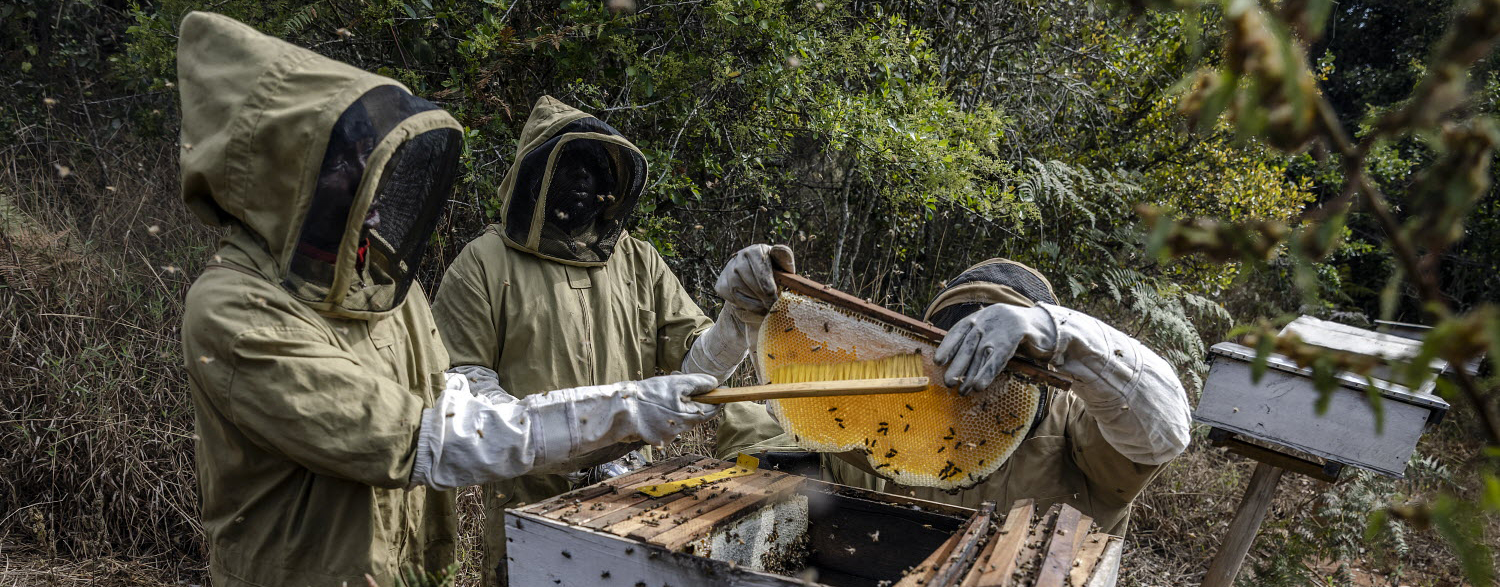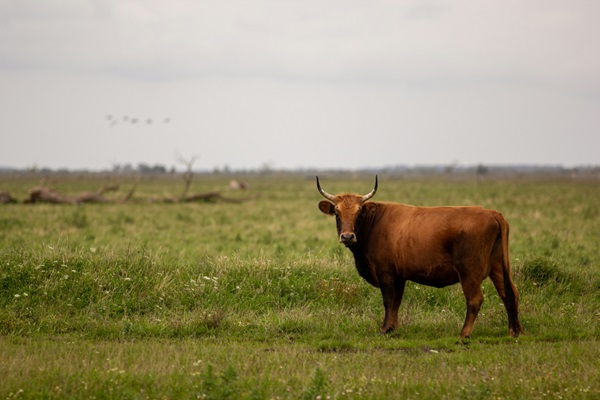What is One Health?
The approach mobilizes multiple sectors, disciplines and communities at varying levels of society to work together to foster well-being and tackle threats to health and ecosystems, while addressing the collective need for clean water, energy and air, safe and nutritious food, taking action on climate change, and contributing to sustainable development. (OHHLEP One Health definition, 2021)
Emerging zoonoses such as Ebola, MERS-CoV and the COVID-19 pandemic, highlight the need for coordinated action across sectors to protect health and prevent disruption to food systems.
FAO promotes a One Health approach as part of agrifood system transformation for the health of people, animals, plants and the environment. This involves a spectrum of actors and work on sustainable agriculture, animal, crops, forest, and aquaculture health, food safety, antimicrobial resistance (AMR), food security, nutrition and livelihoods. Ensuring a One Health approach is essential for progress to anticipate, prevent, detect and control diseases that spread between animals and humans, tackle AMR, ensure food safety, prevent environment-related human and animal health threats, as well as combatting many other challenges. A One Health approach is also critical for achieving the Sustainable Development Goals (SDGs).
FAO works with partners to promote health systemically, in particular, the Quadripartite collaboration, which includes FAO, the United Nations Environment Programme (UNEP), the World Health Organization (WHO) and the World Organisation for Animal Health (WOAH). FAO focuses on eliminating hunger, promoting food security, food safety and healthy diets, preventing and controlling transboundary diseases, zoonoses and AMR, to protect the livelihoods of farmers from the impacts of plant and animal diseases, and to increase the sustainability and resilience of agrifood systems, with One Health benefits. We are one world working together for One Heath.

One Health definitions and principles
This document provides definition and key principles of One Health in several languages.







